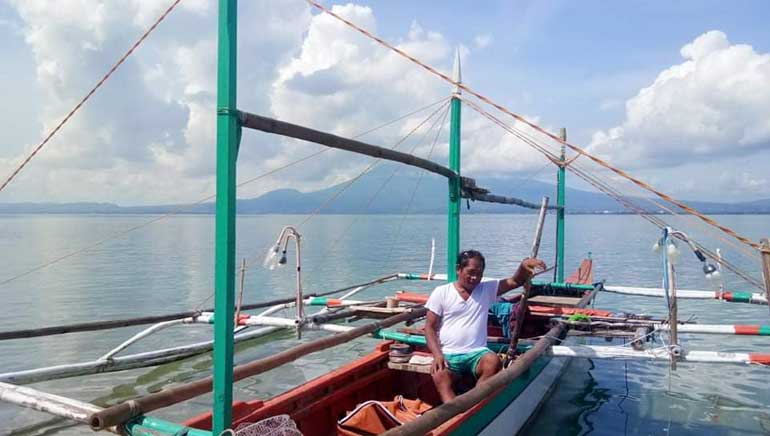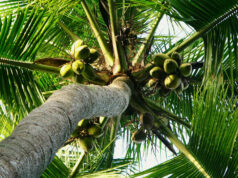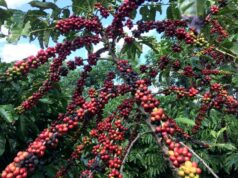Bicol fishermen get livelihood-supporting collapsible coolers
By Patricia B. Mirasol
The World Wide Fund for Nature (WWF) Philippines began distributing Fortuna Cools collapsible coolers to fishermen in Bicol this month to support sustainable livelihood in the region. The collapsible coolers will help increase the fishermen’s earnings by prolonging the shelf-life of their catch.
Much value is lost between the time small-scale fishermen land a catch to when they are able to bring it to market. A lack of useful cooling equipment, coupled with exposure to the elements on the way to the market, causes the catch to lose value. This results in less earnings for the fishermen.
“Para sa akin, malaking tulong ito sa pangingisda ko dahil makapagbibigay ito sa akin ng magandang quality sa paghuhuli ng isda, mas magandang kalidad mas magandang kita. [For me, this is a big help because it maintains the quality of my catch. The better the quality, the better the earnings],” said Rodolfo Bobis, vice-president of the Tuna Fishers Association in San Miguel Island, Tabaco City, on the usefulness of the coolers.
DESIGNING FOR SUSTAINABILITY
The concept of the collapsible coolers started in the fishing communities of Lubang, Mindoro, the study site of Stanford University students Tamara Mekler and David Cutler. The students, who founded the cold-chain solutions company Fortuna Cools Inc., spent the past two years living among local fishermen and farmers learning about their cold-chain needs and co-designing affordable solutions.
“Seafood distribution in the Philippines is very complex, with multiple stakeholders operating long supply chains,” said Ms. Mekler. “Cold storage keeps fish fresh and safe to eat but today’s insulated packaging isn’t up to the task. Some small-scale tuna fishermen skip cooling altogether; others wrap their tuna in bubble wrap and duct tape.” Fortuna Cools also found spoilage and waste in every supply chain, with many of those in the seafood supply chain relying on the Styrofoam icebox.
Tuna fishers in Mindoro and Bicol were interested in the coolers but wanted to improve the design, said Joann Binondo, project manager of WWF-Philippines’ Sustainable Tuna Partnerships. WWF-Philippines and Fortuna Cools tailor-fit the coolers by making them handy, easy to clean, and sturdy enough to accommodate at least three pieces of tuna with an average weight of 35 kilos per piece.
IMPROVING LIVELIHOODS
“This is timely given the crisis. Markets are very limited due to restrictions on movement. Our fishermen need every peso they can get, and these coolers will help ensure they get what they need to get through the crisis,” said Ms. Binondo.

Mr. Bobis agreed: “Sa ngayon, mahina at kaunting isda lang ang nahuhuli ko lalo na nasa panahon tayo ngayon ng pandemya, nagiging mababa ang presyo pag nasa merkado na ito dahil sa limitado lang ang pagtransport ng mga isda. [My fish catch is low now. Because we’re in a pandemic, market prices are cheaper and transport options are limited.]”
Fortuna delivered a total of 200 coolers to Bicol in early June. Fifty were donations from the company. The rest were purchased by WWF-Philippines from the funds given by the Congressional Spouses Foundation Inc. (CSFI) for the Gulf of Lagonoy Tuna Fishers Federation, Inc. (GLTFFI).
Twenty-two of the 200 coolers have already been given to municipal tuna fishermen under the Sustainable Tuna Partnerships program. The remaining coolers will be distributed over the coming months to fishing communities around Lagonoy Gulf, with plans to source more Fortuna coolers for communities across the country.



